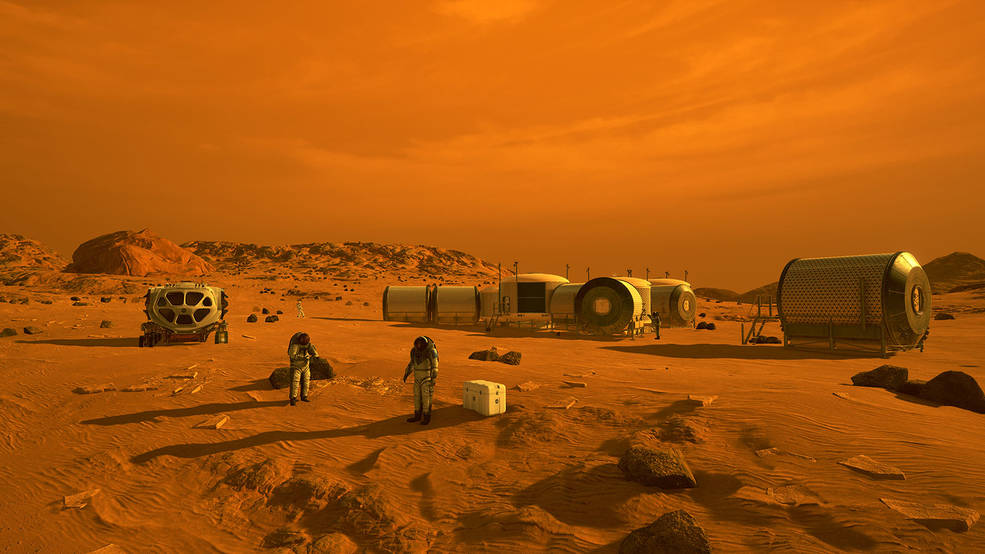A recent preprint paper examines the minimum number of people required to maintain a feasible settlement on Mars while accounting for psychological and behavioral factors, specifically in emergency situations. This study was conducted by a team of data scientists from George Mason University and holds the potential to help researchers better understand the appropriate conditions …



LOL. For example simply it’s weight is a reason. A vehicle for landing and a vehicle for starting may be the same, or may be two very different things because of their weight.
And then bringing the vehicle is one thing, but starting it is quite something else again.
Most of the weight is fuel/propellant, which is why most Mars mission plans have you manufacture propellant on-site. An empty fuel tank and some engines isn’t that heavy. Especially if, as you say, you’re able to reuse your lander. Anyway, everything you bring has weight. The issue is, how much and can you budget for it?
If your looking for somewhere to save weight, imo start by getting rid of the astronauts and all their associated life support and living space. Bonus - robots don’t even need frivolous luxuries like getting to return home.
I mean, they will probably be relying on many unammed missions that deliver payloads to deliver all the construction material for the outpost before sending any people. While you’re at it you could send the return craft too.